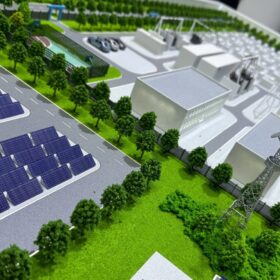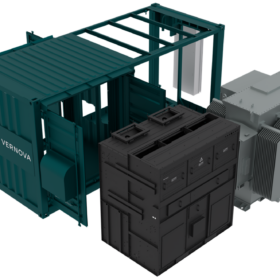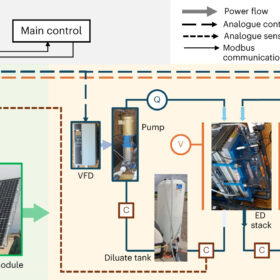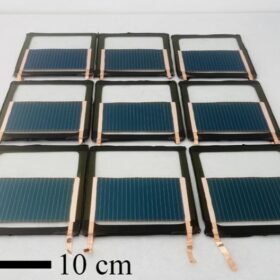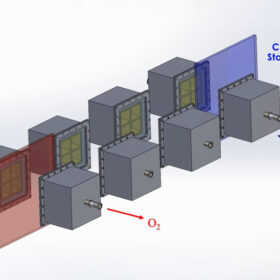Massachusetts allows increased demand charges to drive energy storage
The Massachusetts Department of Public Utilities has approved a rate change that allows large electricity customers, specifically large business customers, to pay a transmission coincident peak demand charge instead of a volumetric transmission charge.
The impact of wildfires on PV power generation
Scientists have quantified the impact of wildfires on the availability of direct normal irradiance and global horizontal irradiance at the state, regional, and national levels in the United States. They have found that direct irradiance is more sensitive to smoke than the PV-relevant global horizontal irradiance.
Rooftop PV installations could raise daytime temperatures in urban environments by up to 1.5 C
New research from India shows that rooftop PV system may have “unintended” consequences on temperartures in urban environments. Rooftop arrays, for example, may potentially lower nighttime temperatures by up to 0.6 C.
The Hydrogen Stream: Equatic making anodes to produce H2 from seawater
Equatic says it has started annual production of 4,000 anodes for hydrogen generation from seawater in Singapore and Canada, while Nuvera Fuel Cells says it will demonstrate its first operational hydrogen-powered AC generator set and DC fast charger.
GE Vernova releases 2,000 V (DC) utility-scale inverter
GE Vernova has developed a 2,000 V (DC) utility-scale inverter, to be used in a North American pilot operation starting in early 2025. The inverter offers up to 6.0 MVA of output power.
Novel PV-driven desalination tech achieves lower levelized cost of water
Scientists led by the Massachusetts Institute of Technology (MIT) have designed a new PV-powered desalination system based on the time-variant electrodialysis reversal (EDR) technology. The proposed system reportedly achieves lower levelized cost of water than conventional solar-powered desalination techs.
The Hydrogen Stream: MAN Truck to deliver 200 hydrogen vehicles by 2025
MAN Truck & Bus says it will deliver 200 hydrogen vehicles to customers in Europe and some non-European countries by as early as 2025, while Provaris has revealed plans to develop a gaseous hydrogen import facility in Rotterdam.
US researchers develop 108 cm2 perovskite solar module with 19.21% efficiency
The scientists built the panel with perovskite solar cells treated with trifluoromethane sulfonate to combat iodide defects. The mini module reportedly achieved the highest efficiency ever recorded for its size to date, with the result being confirmed by the US National Renewable Energy Laboratory (NREL).
MIT researchers plan to use acenes to make singlet fission solar cells
Acenes are benzene molecules with unique optoelectronic properties. Singlet fission solar cells can produce two electrons from one photon, making the cell more efficient.
MIT scientists develop CSP system to produce hydrogen
Massachusetts Institute of Technology (MIT) scientists have developed a train-like concentrated solar power (CSP) system for hydrogen production, with plans to build a prototype in the coming year. They say that this innovative system can capture up to 40% of the sun’s heat to produce environmentally friendly hydrogen fuel.
